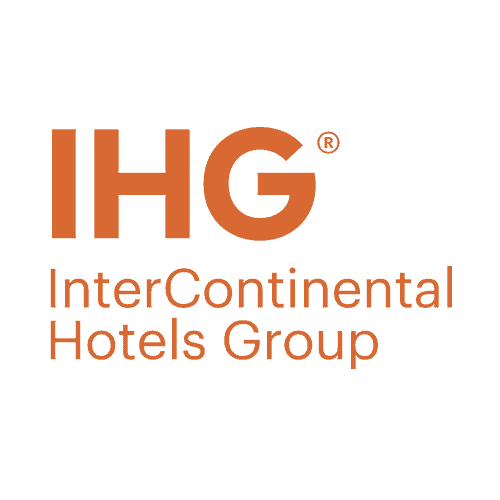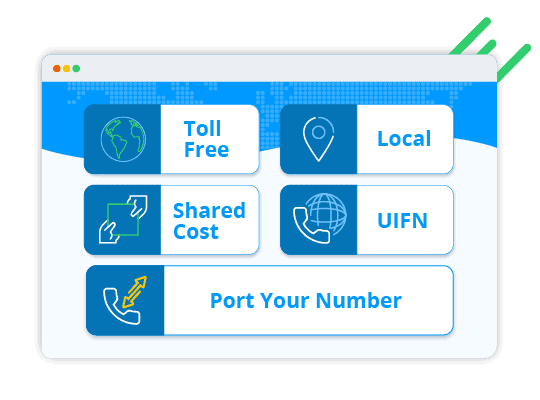Executive Summary
Establishing a business presence in Algeria can be a promising venture, thanks to its growing economy and strategic position within Africa. One key element in successfully entering this market is adapting communication strategies to local preferences and infrastructure. Virtual phone numbers, which offer a cost-effective and flexible solution for businesses, are a critical component in this strategy. This guide explores how virtual phone numbers can help businesses establish a strong foothold in Algeria, with a focus on industry-specific applications, common concerns, and step-by-step implementation.
Market Overview (Business Landscape & Communication Infrastructure)
Algeria, the largest country in Africa by land area, is increasingly becoming an attractive destination for international businesses. Its strategic location, natural resources, and evolving technological infrastructure make it a critical player in North African commerce. While the country is still overcoming challenges such as regulatory hurdles and bureaucratic inefficiencies, it offers significant growth potential in sectors like energy, technology, retail, and professional services.
In terms of communication infrastructure, Algeria is experiencing a digital transformation. The majority of the population is connected via mobile devices, and Internet penetration continues to rise, especially in urban areas. However, the country’s business communication landscape is still catching up with global standards in terms of responsiveness and efficiency. This gap presents an opportunity for businesses to differentiate themselves through effective, modern communication methods like virtual phone numbers.
Virtual Numbers in Market Entry Strategy
In the context of market entry, virtual phone numbers serve as a versatile tool to bridge the gap between international businesses and local customers. A virtual number allows companies to establish a local presence without the complexity of setting up physical offices or dealing with local telecommunication providers. These numbers can be managed from anywhere in the world, offering businesses flexibility, scalability, and a way to improve customer engagement.
By leveraging virtual numbers, businesses can:
- Build trust with local customers by presenting a local, familiar contact point.
- Simplify communication with local sales teams or customer support agents, even if they are based internationally.
- Offer cost-effective customer service without the need for international call centers.
- Track performance of marketing and customer service initiatives through detailed call analytics.
Ultimately, virtual phone numbers are part of a larger market entry strategy that focuses on customer-centricity and operational efficiency.
Industry-Specific Applications
- Tech Industry: For tech companies looking to offer software, cloud solutions, or IT services in Algeria, virtual phone numbers allow for seamless communication with local clients and prospects. These companies can use virtual numbers to provide technical support, schedule product demos, or manage sales inquiries. A well-established local presence increases credibility and customer confidence in adopting foreign tech solutions.
- Retail: Retailers entering the Algerian market can use virtual numbers to handle inquiries, take orders, and facilitate customer service. For e-commerce businesses, virtual phone numbers are crucial for offering local customer support, which is essential for building relationships and ensuring a positive shopping experience. This is particularly valuable for businesses that have a global online presence but need to cater to Algeria's specific market.
- Professional Services: Law firms, consulting agencies, and accounting services targeting Algerian businesses or individuals can use virtual phone numbers to ensure that local clients feel connected. Whether for providing consultations, follow-up calls, or contract negotiations, these numbers offer a direct, cost-effective line of communication, reducing barriers to access.
Addressing Common Concerns
- Local Regulations and Compliance: Some businesses may hesitate due to concerns over Algeria’s regulatory environment. While the country does have specific requirements for telecommunications, virtual numbers provided by reputable service providers comply with local laws and regulations, ensuring businesses can operate without legal obstacles.
- Language and Cultural Differences: Communication challenges can arise due to language barriers or cultural nuances. Virtual numbers offer the flexibility to route calls to multilingual agents or integrate with automated systems that handle inquiries in Arabic, French, or English, ensuring smooth interactions with local customers.
- Perceived Legitimacy: A common concern when using virtual numbers is the perceived legitimacy of the business. However, as virtual numbers are widely used across global markets and have become an industry standard for many companies, this concern is diminishing. By coupling a virtual number with strong branding and local engagement strategies, businesses can create a reputable presence in Algeria.
Implementation Guide (Preparation, Launch, Operations)
- Preparation
- Market Research: Understand Algeria's telecom market and customer communication preferences. This will guide your decision on whether to opt for a toll-free number, a local area code, or a mobile number.
- Choose a Provider: Work with a trusted virtual phone number provider that offers reliable service and complies with local regulations. Ensure they offer features like call forwarding, voicemail, and call tracking.
- Integration with CRM and Support Systems: Virtual numbers should seamlessly integrate with your customer relationship management (CRM) system, helpdesk software, or other communication tools to streamline operations.
- Launch
- Set Up Numbers: Choose the appropriate virtual phone numbers and configure them according to your business needs. Ensure they are activated and functioning well in advance of your market entry.
- Localize Customer Experience: Ensure your website, marketing materials, and customer service team are aligned with Algerian preferences. This may include language localization and the provision of culturally relevant content.
- Operations
- Ongoing Monitoring: Track call analytics to measure the success of your virtual numbers. Look at metrics such as call volume, response time, and customer satisfaction to optimize your strategy.
- Continuous Improvement: Based on the data collected, continuously refine your approach to better meet customer needs and enhance communication efficiency.
Best Practices
- Maintain Local Communication Channels: Ensure your virtual phone number is not only an automated service but also backed by a live person who understands the local context.
- Offer Multi-Channel Support: Virtual numbers can work in conjunction with other communication methods like live chat or email, providing a comprehensive support system for customers.
- Be Transparent About Your Business: While virtual numbers offer flexibility, businesses should make it clear to customers that they are international entities offering value in Algeria, ensuring transparency without undermining trust.
Next Steps
- Evaluate Virtual Number Providers: Start by researching service providers that can offer reliable virtual numbers for Algeria.
- Align Communication Strategy: Develop a customer engagement strategy that leverages virtual numbers while maintaining cultural and linguistic relevance.
- Monitor Local Market Trends: Keep an eye on evolving telecommunications regulations and trends in Algeria to adapt your strategy as needed.
Conclusion
Virtual phone numbers represent a powerful tool for businesses looking to establish a presence in Algeria. By providing cost-effective, flexible, and customer-centric communication solutions, these numbers help businesses overcome geographical and logistical barriers. Whether for the tech, retail, or professional services industries, they offer an effective means to build credibility, enhance customer support, and improve operational efficiency. With careful planning and strategic implementation, virtual numbers can be a cornerstone of a successful market entry into Algeria.
























